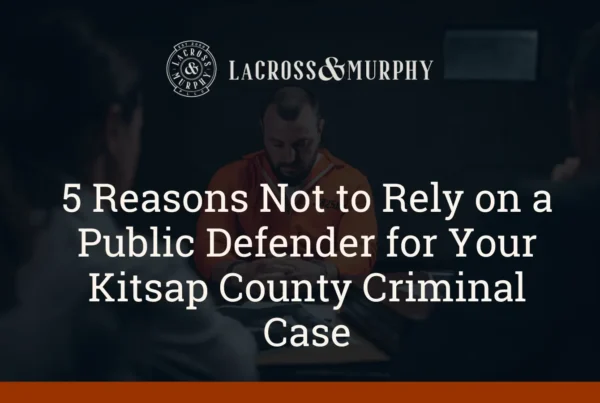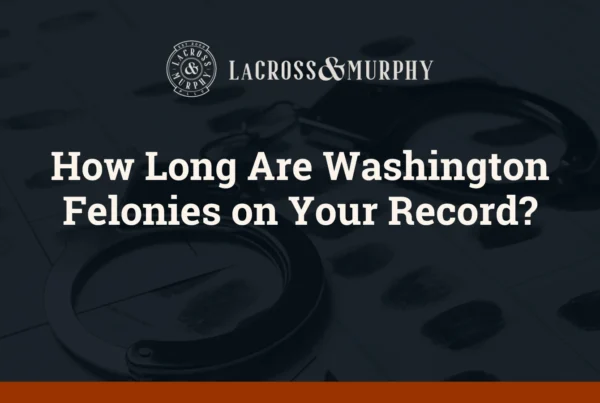It’s no small matter if a Washington police officer arrests you on suspicion of drug crimes. Your freedom, your job, your driver’s license and many other privileges in life may be at stake. Thinking back, getting arrested was likely the farthest thing from your mind when you got pulled over in a traffic stop. You assumed you had a broken tail light or had perhaps traveled a bit over the posted speed limit in the area. Next thing you knew, the officer searched your vehicle and put you in handcuffs.
At that point, thoughts probably began swirling in your mind. What should you do? Whom should you call? Will you wind up in jail? Studies show driving under the influence of drugs incidents are on the rise. You just never expected to be among those arrested on suspicion of such crimes. In such situations, it often helps to explore various options to increase the chances of avoiding conviction.
How to fight drug charges in court
It’s important to remember that formal charges do not constitute guilt. In fact, many cases never even make it to trial, for various reasons. Considering the following possible options may help you make informed decisions regarding how best to proceed in your particular situation:
-
- Supposed evidence does not belong to you: If the alleged evidence police seized from your car belonged to someone else, this option may prove beneficial. The prosecution would need to prove that supposed evidence belonged to a defendant and that he or she was fully aware of its presence at the time of arrest.
-
- Crime analysis results: Police claiming to find a “white powdery substance” doesn’t quite cut it when it comes to handing down a conviction in court. A savvy defense attorney knows how to challenge prosecutors to provide chemical analysis proof that the substance they claim is an illegal drug is, in fact, so.
-
- Drugs must be present: Another possible defense option is to request that prosecutors produce the actual drugs police claimed to seize from your vehicle in court.
-
- Enticement: Did a law enforcement agent or informant coerce you into delivering a package or committing some type of act you would not otherwise have done? You may have reason to present an entrapment defense.
It’s difficult to know which defense option would increase your chances for avoiding conviction the most. It often helps to talk things over with someone who has been in a similar situation in the past or has helped another person mitigate his or her circumstances. Seeking outside support is often the first step toward obtaining positive results in court.
Facing drug charges may be challenging, but it doesn’t necessarily mean your future is ruined. Getting life back on track may be easier with an experienced Washington defense attorney by your side who can help you navigate the criminal justice system.




